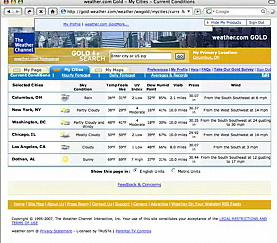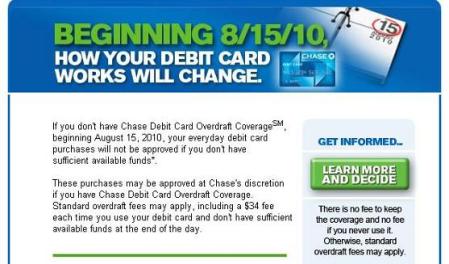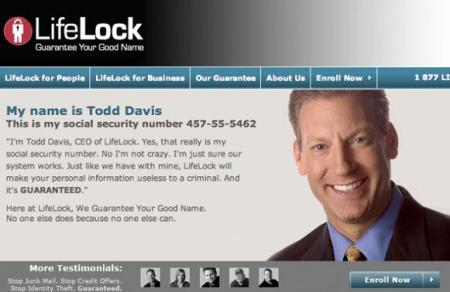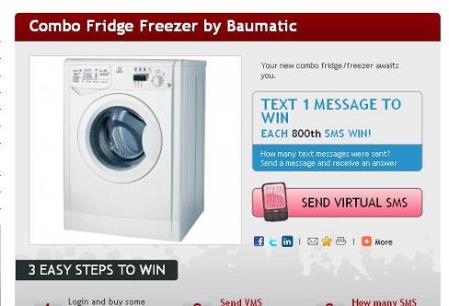I am adding a new tag “Verizon Fraud” to label upcoming stories about Verizon and their various collection of frauds they perpetrate on unsuspecting consumers.
The Original Bell Telephone Company started off as a fraud. The various possibilities are detailed in the Wikipedia article Elisha Gray and Alexander Bell telephone controversy, where we read that patent examiner Zenas Wilber admitted in a sworn affidavit that he had taken a $100 bribe from Bell to falsely state that Bell’s patent application had arrived first. In addition, Wilber had shown details of Gray’s patent to Bell.
And so the Bell Company continued their fraudulently activities even being broken up in the various Baby Bells. Presently, Verizon perpetuates the fine tradition of screwing their customers.
This will the first in quite an extensive series of scams, frauds, cons, and grifts perpetrated by Verizon.
Some of us are familiar with the practice of slamming; according to Verizon’s own definition:
Slamming is an industry term for an unauthorized change in your choice of long distance company. Often this is accomplished when someone tries to sell you long distance service or you sign a piece of paper for a contest or other marketing promotion, without checking the fine print. Often your endorsement on a small prize check serves as the authorizing signature. The long distance company then tells your local phone provider they have formal authorization to switch you from your current long distance company.
Interestingly, Verizon does this to themselves. That’s right, they’ll slam you from their company to another company they own. Let me explain.
Years ago, a client of mine signed a contract with Verizon for 8 BRI lines to transmit digital video signals between a Newark court house and a New Jersey State prison so that inmates would not have to be transported from their cells to the court for hearings, re-sentencings and so on.
A few months ago, his bill ballooned from an average of $300.00 per month to more than ten times as much. What he discovered was that he was slammed. Verizon, without notifying him, decided it wanted to exit this line of business and transferred his account to MCI, another Verizon company. Unfortunately for him, he does not have a contract for data services with MCI, so they charged him at the highest non-contract rate for bytes transmitted.
In addition, the configuration of his lines have changed so the quality of service is so horrible he is unable to properly utilize the lines. This is what happens when you deal with a company that has nothing but contempt for its customers.
He has now been fighting for three months to get his bill readjusted and to get his service level back to where it was before the switch.
Unfortunately, the prison is afraid to switch from using ISDN lines to VPN over the Internet. They would save thousands of dollars a year, but sadly this is what happens when you have the government running what should be a business.
Further reading:
The Telephone Patent Conspiracy of 1876: The Elisha Gray-Alexander Bell Controversy and Its Many Players
The Telephone Gambit: Chasing Alexander Graham Bell’s Secret



